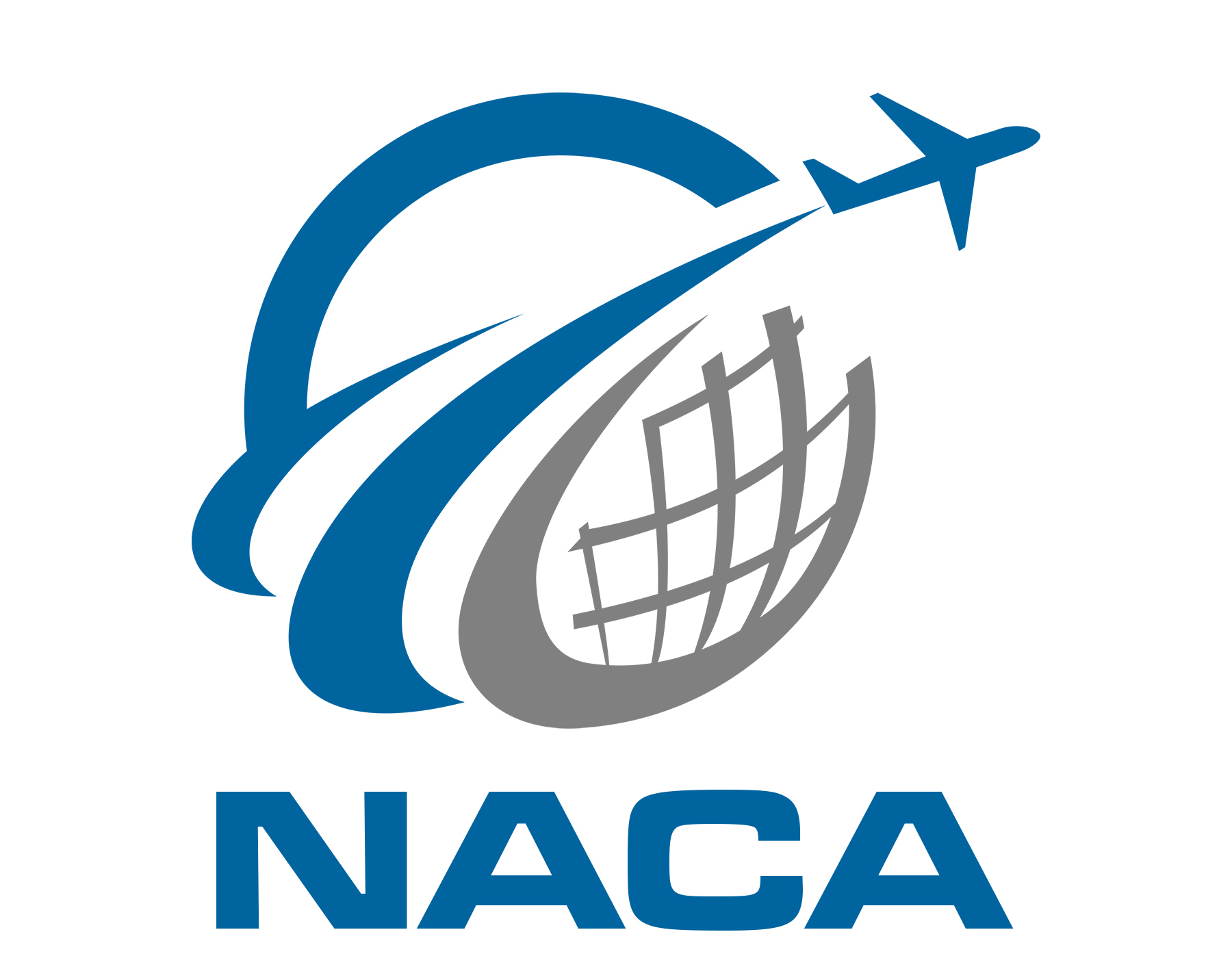 News Release
News ReleaseXeneta Appoints Two New Executives to Key Sales Leadership Positions
Xeneta
Xeneta, the leading ocean and air freight rate benchmarking, market analytics platform and container shipping index, today announced the appointment of two new sales executives. Scott Irvine joins Xeneta as VP of Freight Forwarding and Laura Finbow will serve as Director of Sales Enablement. The announcement comes shortly after the fast-growing company acquired Amsterdam-based air freight data analysts CLIVE Data Services. “Scott and Laura are dynamic and experienced professionals joining us at an exciting time, and I’m pleased to welcome them to Xeneta’s leadership team,” said Xeneta CRO Paul Mullins. “Scott brings a wealth of global freight forwarding experience with him and he will play a critical role in building this category for us. And as we continue to innovate and streamline our revenue operations, Laura will lead initiatives across sales and other business units that drive revenue and improve productivity.” Scott Irvine has worked in the logistics industry for over two decades holding senior leadership roles across both shippers and freight forwarders. Most recently Scott was the VP of Air & Ocean for Zencargo, a leading digital freight forwarder. At Xeneta, Scott will spearhead freight forwarding initiatives and help grow the company’s business within the segment. "The pandemic and its disruption to the global supply chain has accelerated the need for freight forwarders to digitally transform their operations," said Scott Irvine. "But success is not just about technology. Xeneta is taking things further by offering advanced data solutions that give ocean and air freight stakeholders a true competitive advantage. It's an exciting time for Xeneta and I am proud to be joining the team.” As Xeneta’s Director of Sales Enablement, Laura Finbow will lead initiatives that transform the company’s revenue operations. Finbow’s knowledge and experience will play a critical role in guiding the organization as it scales systems and processes across sales, marketing, and other departments. Before joining Xeneta, Finbow served as Managing Director EMEA at digital freight platform Magaya. Finbow has also held management roles at INTTRA and Safmarine. "Xeneta is well-positioned to solve the data and analytics challenges freight companies face," said Laura Finbow. "I am excited to be joining at such an important time in the company's journey and can’t wait to help the team achieve its next stage of growth." Today’s ocean and air freight markets are more dynamic now than at any time in recent history, and that’s why businesses need access to reliable, real-time data. Companies need to make informed decisions based on the latest trends and fluctuations in the market, which Xeneta tracks daily. Xeneta makes it easy for companies to make smarter ocean and air freight decisions by providing them with a single, integrated platform. Xeneta offers intelligence gleaned from over 300 million ocean and air freight rates, covering more than 160,000 port-port pairs and over 40,000 airport-airport connections. Xeneta is one of the fastest-growing ocean and air freight rate benchmarking, market analytics platforms and container shipping indexes on the market and these new executive appointments will help the company accelerate its growth trajectory. Xeneta’s customers include General Mills, Volvo, PUMA, John Deere, Amer Sports, Rockwell Automation and CEVA Logistics, ABB, Electrolux, Continental, Unilever, Nestle, L’Oréal, Thyssenkrupp, and more. For more information, visit Xeneta.com. About Xeneta Xeneta is the leading ocean freight rate benchmarking and market analytics platform transforming the shipping and logistics industry. Xeneta’s powerful reporting and analytics platform provides liner-shipping stakeholders the data they need to understand current and historical market behavior – reporting live on market average and low/high movements for both short and long-term contracts. Xeneta’s data is comprised of over 280 million contracted container and air freight rates and covers over 160,000 global trade routes. Xeneta is a privately held company with headquarters in Oslo, Norway, and regional offices in New York and Hamburg. To learn more, please visit www.xeneta.com. Contact Details Xeneta Katherine Barrios +47 951 46 414 press@xeneta.com Trust Relations Noe Sacoco +1 408-340-8130 xeneta@trustrelations.agency
March 24, 2022 04:00 AM Eastern Daylight Time
Image






